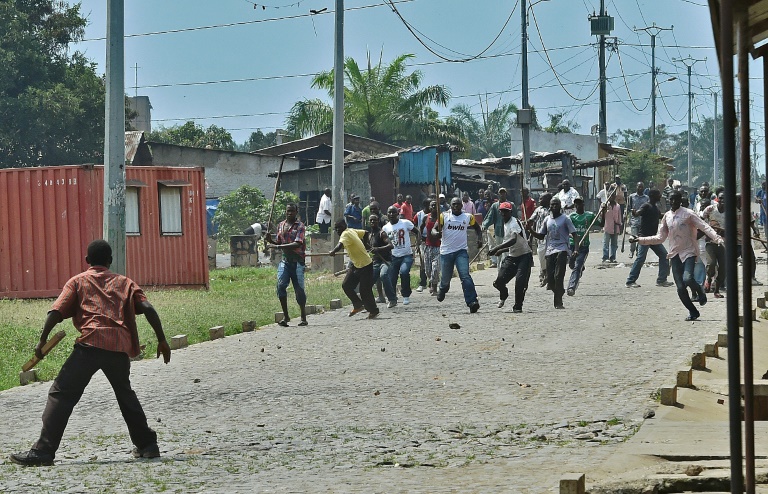‘The betrayal is painful’: Simphiwe Dana on people stealing from her
By the end of the inscription process on Saturday, “a total of 5,000,742 people” signed up, including Burundians living abroad, Pierre-Claver Ndayicariye, the chairman of the Independent National Electoral Commission (CENI) was quoted as saying Tuesday by local media.
The figure was higher than CENI’s estimate of 4.5 million earlier.
This includes those who will be of voting age in time for the referendum as well as people who will become adult by the 2020 general elections, Ndayicariye said.
The CENI has not stated how many of the registered people will need to wait until 2020 to be of voting age.
Former rebel leader Nkurunziza, 54, has ruled the densely populated country since 2005 after a devastating civil war and critics accuse him of becoming a dictator who refuses to quit.
The government of the small central African country said the turnout showed “the eagerness and patriotic sense” of citizens who were also “initiators” of the constitutional referendum.
Throughout the voter registration, the political opposition claimed that people were being forcibly enrolled mainly in rural areas, while the press reported a widespread lack of enthusiasm.

A protestor opposed to a third presidential term for Pierre Nkurunziza in 2015 confronts members of the Imbonerakure, youth league of the ruling party, in the capital’s Kinama district
Opposition sources, with the independent media and witnesses who spoke to AFP reported pressure by police officers and the ruling party’s Imbonerakure youth league to compel people to register in the markets and schools.
School pupils were turned away from class until they enrolled, while administrators also threatened those who had no registration papers with the withdrawal of access to health care and administrative documents, various sources said.
Many children under 16 and already members of the ruling party’s Imbonerakure youth wing — described as a militia by the United Nations — were illegally given identity cards and listed on the voting rolls, witnesses said.
Opposition parties are against the constitutional changes on grounds they could deal a death blow to the Arusha peace accords that helped to end the 1993-2006 civil war, in which more than 300,000 people died.
The Arusha accords stipulate that no president can govern the country for more than 10 years and the current constitution sets a limit of two five-year mandates.
When Nkurunziza ran for a third term in 2015 and won, his victory sparked a crisis and violence that has left at least 1,200 dead and driven more than 400,000 into exile.